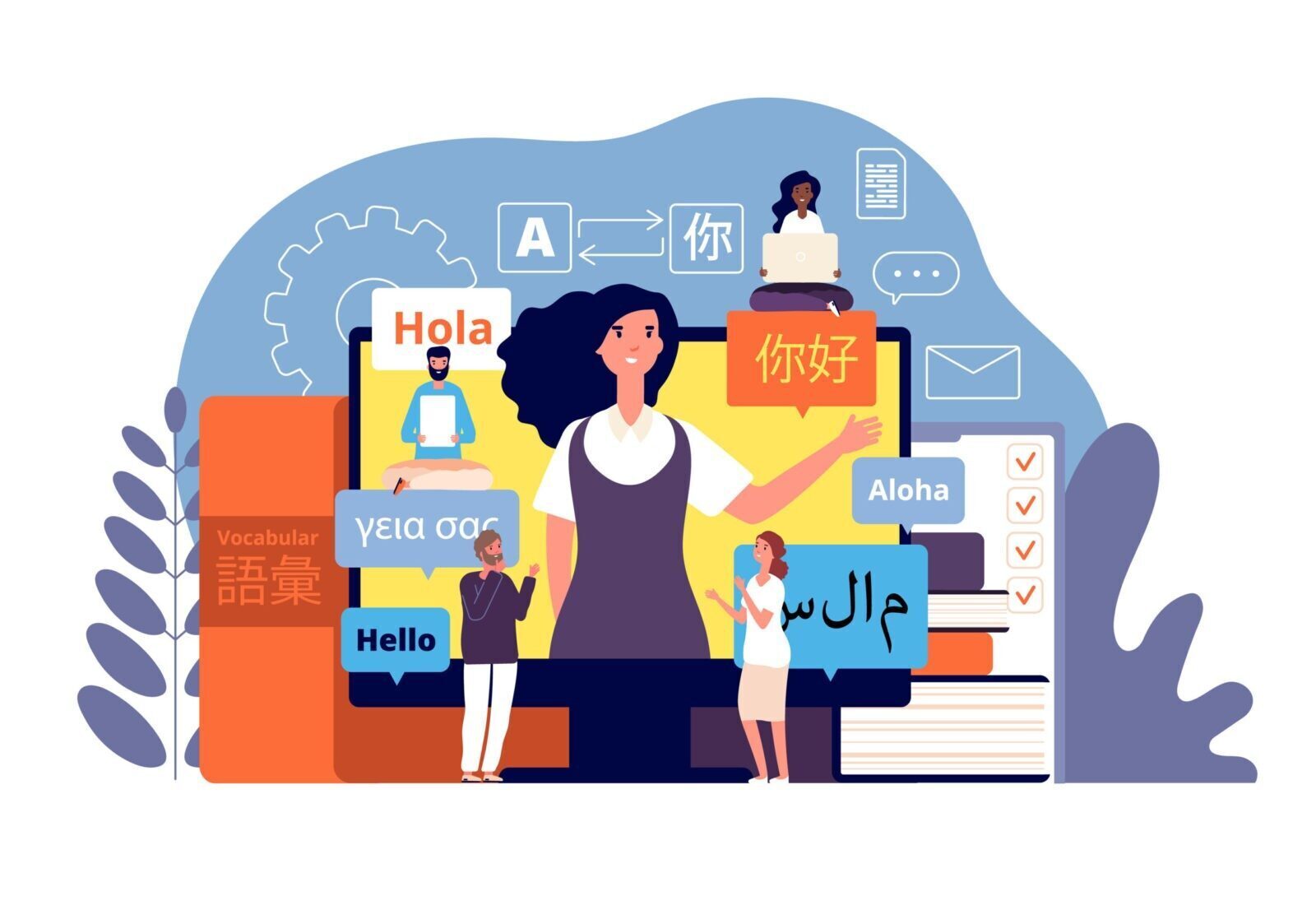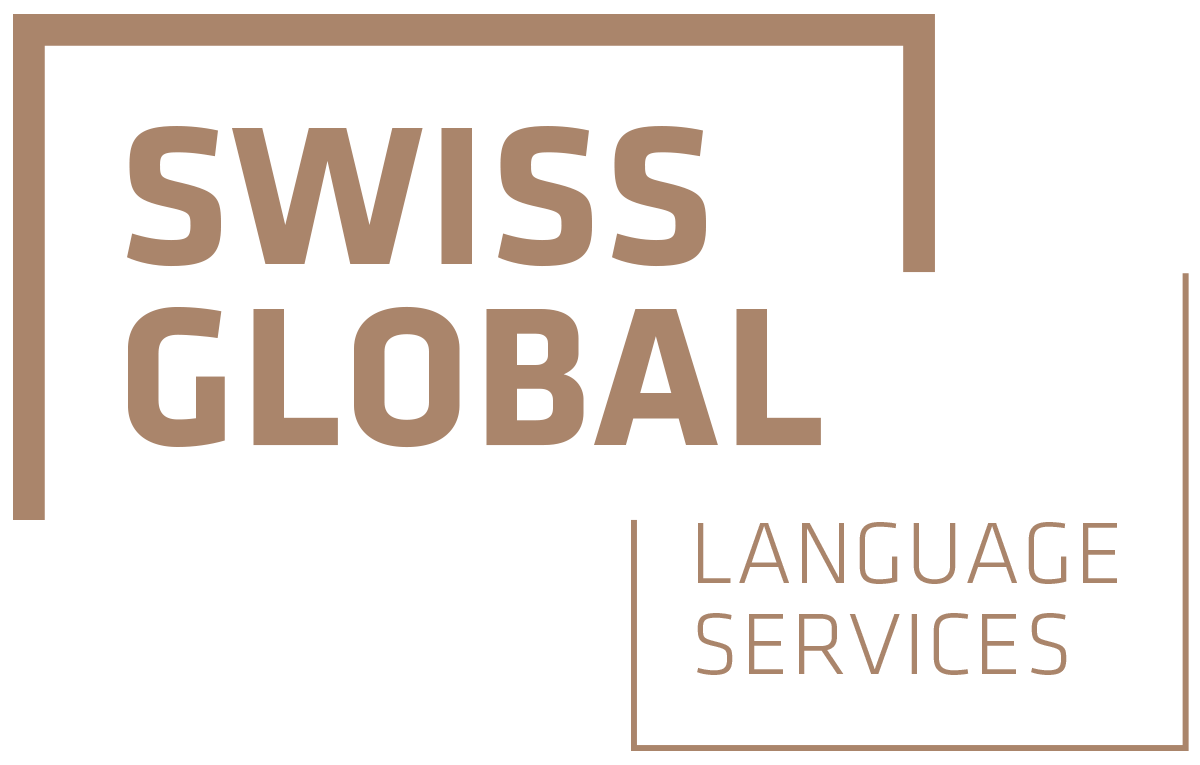How to choose the right language services provider

Any business operating in different regions relies on multilingual communication with impeccable language and style adapted to specific local conditions. But which translation partner is right for you? Pay careful attention to these 15 points when choosing your own language services provider.
Language services providers as partners and solution finders
An invitation to tender is well worth it for complex or recurring translation projects. Tendering is even mandatory in some cases, such as in the public sector. A tender should include the following points so that you can compare all the offers you receive. This is the only way to find out whether a language services provider is actually suitable for your project and what costs you should expect.
- Service: What is the specific service that you require? Many language services providers offer a wide range of services:
- Copywriting
- Transcreation
- Translation
- Translation with revision
- Machine translation with post-editing
- Editing
- Proofreading
- Transcription
- Project management
- Technical support
- Language pair: What is the source language and what is the target language?
- Keep in mind that many languages have regional variants. English, for example, is used as the national or official language in over 80 countries and territories, so regional differences can be considerable.
- Don’t forget to indicate whether your English translation is intended for New Zealand or the USA, for instance.
- ISO certifications: Does your language services provider need to be ISO certified? If yes, which ISO standards are required?
- Be aware that there is a great difference between ISO certified and ISO compliant.
- You can read more about ISO certifications in the language services industry here.
- Specialist area: What qualifications and expertise must the translation team have?
- Many sectors, such as the financial industry, are strictly regulated, and there are precise guidelines for language use.
- Certain specialised texts, e.g. legal or medical documents, require specific expertise that not all translation agencies possess.
- Text types: Are you dealing with an internal compliance text, a press release, or marketing communication?
- Depending on the type of text to be translated, you will require language professionals with different experience and skills.
- Depending on the type of text to be translated, you will require language professionals with different experience and skills.
- Format: In which format will you be providing the source text? Which format should the translation have?
- Most translators can work with the standard file formats. When it comes to specialised formats, however, some preparatory work is necessary beforehand.
- The more precise details you give to your language services provider, the more efficient the actual translation process will be.
- Deadlines: When can you provide the source texts? When do you need the translations?
- Highly qualified professionals, in particular, are almost always booked solid.
- A language services provider needs to be given the most precise time frames possible – and as soon as possible – in order to be able to match you with exactly the right language experts.
- TMS tools: Have translation memories and terminology databases already been compiled? Should customised terminology and a translation memory be created as part of the order?
- Remember that a translation memory prepared for you by a language services provider belongs to you.
- Remember that a translation memory prepared for you by a language services provider belongs to you.
- CAT tools: Do you have any specifications as to which CAT tools should be used?
- As mentioned above regarding file formats, most translation agencies work with the standard translation tools.
- They may require some lead time to set up your preferred solution.
- Interfaces: Is there a need for automation or customer portals?
- Many content management systems have interfaces that allow website content to be translated directly.
- Many content management systems have interfaces that allow website content to be translated directly.
- Special services: Single point of contact, weekend and after-hours service, standby service, express delivery?
- A professional language services provider can offer you services tailored to meet your exact needs.
- A professional language services provider can offer you services tailored to meet your exact needs.
- Confidentiality: What are your requirements with regard to data security? For example, does the service have to be provided in Switzerland?
- Ask if the provider complies with ISO 27001 (Information security) and ISO 9001 (Quality management, also as part of risk management) standards.
- In addition, enquire where the language services provider hosts its data and where its translators are based.
- Quality: What level of quality do you require?
- Is it a matter of merely understanding the content of a document, or do you want a patent application translated in which every word counts?
- Do you need the six-eyes principle for your revision, or is a translation with the four-eyes principle sufficient?
- Volume: What is the volume in characters, words, lines or standard pages of the order in question, or on an annual basis?
- Language services providers establish dedicated teams and resource capacities for high-volume customers, which has a positive effect on both quality and efficiency.
- Depending on the volume, you can also expect quantity discounts.
- Billing: What are the specified standards (per word, line, etc.) and frequency preferred for billing?
- It is important that all the providers state their prices according to the same standards to make it easier to compare them.
More than just a language services provider
The more closely a language services provider is involved in the entire process, the more likely they are to be able to support you in multilingual content creation.
So, try to view your provider not merely as a supplier, but rather as a partner. Your focus should be less on attractive prices and more on optimising process costs in general. Ultimately, it’s all about solutions, not one-off translation jobs.
SwissGlobal is more than just a translation company. It has mastered the interplay between content, technology and resources to create reliable, secure language solutions that put you and your unique requirements first. Please contact us, we would be happy to help.
SwissGlobal services
-
Language Services
Procurement
Tender
Tips
translation



